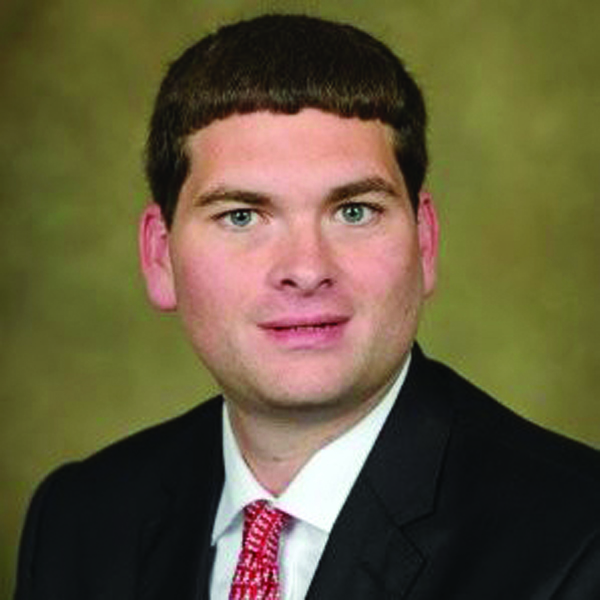Back in September, the paper I write for profiled a young man from Sunflower County who is attempting to bring a commercial biodegradable plastic cup to market.
Indianola Academy graduate Joey Daniels is the founder of New Wave Plastics.
When we caught up with Daniels, he was conducting research and development out of an airport hangar in Hollandale.
His mission began after he worked a summer job on a Florida beach and witnessed all of the plastic litter that had been discarded and left to pollute the sand and the ocean.
There are scores of research teams working on bio-degradable plastics, but Daniels may very well become the first to penetrate the market with a viable cup.
If and when this happens, and if Daniels wants to grow his company in the Delta, will the region be willing or able to help him scale a more tech-savvy incarnation of a traditional manufacturing sector?
The Delta certainly has the potential to do so, but more often than not, our region loses brilliant talent like Daniels’ to the lure of Silicon Valley and to the behest of investors.
This does not have to be the case.
Our largely Ag-based economy is not evaporating, but it is evolving.
Automation has led to greater efficiency and fewer jobs in the fields.
Green energy projects like solar and wind are occupying more arable acreage.
As we struggle to expand on our manufacturing, warehouse and distribution footprint, we could stand a more targeted approach to cultivating and growing STEM-related companies and talent in the region.
We have also profiled multiple times a Sunflower County-based company called DappINC.
Dapp is a health care application company that is currently raising capital with the hopes of developing a series of apps aimed at creating better outcomes for patients, doctors and medical institutions, with the stated mission of growing tech jobs in the Delta.
In the past, our region may have taken for granted that tech companies like Dapp and New Wave Plastics would eventually end up on the West Coast or maybe some place like Plano, Texas, but that doesn’t have to be our reality.
COVID was a great disrupter, but it also opened our eyes to the world of remote work, which in turn has resulted in a smaller footprint and a much more nimble business model for many companies.
With more broadband set to come to the area in the next two to five years, the potential to create tech jobs in our most rural areas will only grow.
Students who wish to work or start companies in STEM sectors have long faced the difficult choice between staying close to home and family here or leaving out of necessity for those opportunities elsewhere.
Embracing the Delta as a potential tech hub, while also identifying students early on for those jobs, could serve to grow the Delta, while also slowing the region’s long-lamented brain drain problem.
Every high school in the Delta has a pool of students who have the potential to work in STEM-related fields or start tech-based companies.
They are here today.
Will we put the necessary programs in place to make sure they can stay here, if they choose, in five to ten years?
Bryan Davis is the Publisher & Editor of The Enterprise-Tocsin newspaper in Sunflower County.

